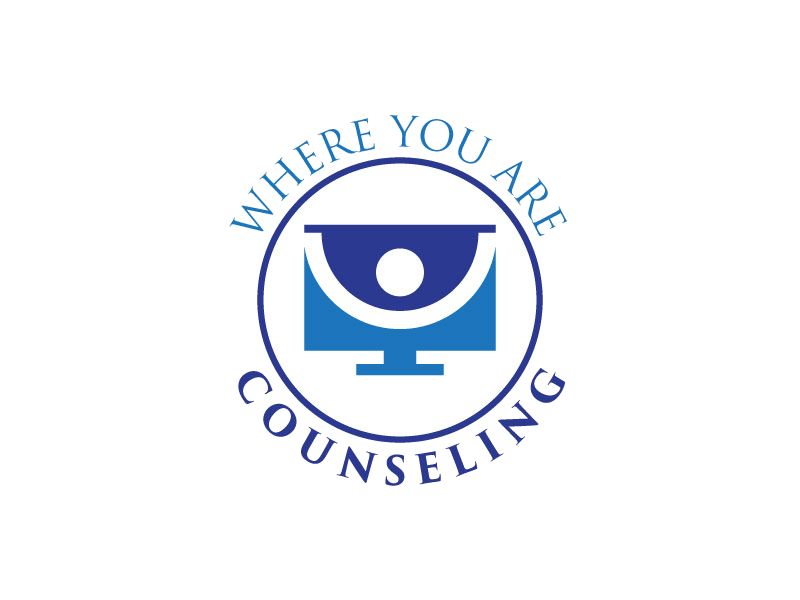14 Signs You May Be Burnt Out...And How to Prevent It
Burnout is a state of emotional, physical, and mental exhaustion caused by excessive and prolonged stress. Burnout often stems from your job. But, anyone who feels overworked and undervalued is at risk for burnout; from the hardworking office worker, to the frazzled stay-at-home mom tending to kids & housework, to the exhausted relative caring for an aging loved one.
Cognitive Behavioral Therapy (CBT) is a way to look at all struggles by seeing how a person’s thoughts, feelings and actions interact. The hope is to be able to shift thoughts and/or actions to help you feel better. A greater understanding into “why” as well as have the skills to overcome are what CBT is all about!
So what are the potential warning signs you should be on the lookout for? I’ve separated them into three groups:
YOUR THOUGHTS
A decreased ability to pay attention or concentrate;
Caring about your work or home life seems like a total waste of energy;
You feel like nothing you do makes a difference or is appreciated;
You can’t seem to motivate yourself to even do the things you want;
YOUR FEELINGS
You feel helpless or hopeless;
You have a sense of failure and self-doubt;
Having decreased satisfaction in all parts of life;
You are overwhelmed by your responsibilities;
YOUR ACTIONS
You’re exhausted all the time;
The majority of your day is spent on tasks you find either mind-numbingly dull or overwhelming;
You’re isolating yourself from others;
Using increased food, drugs, or alcohol to cope;
Taking out your frustrations on others at home and work;
Health issues;
Figure Out When Enough Is Enough
Burnout doesn't go away on its own. If you ignore burnout, it will only cause you further harm down the line, so it's important that you seek help as soon as you accept enough is enough. Consider talking to your work manager or HR about Employee Assistance Program services, or complete a search for mental health therapy, or stress management support groups.
SHORT TERM SOLUTIONS
Take vacation or leave of absence
Exercise and follow a healthy eating plan
Get better sleep
Delegate responsibilities
Practice positive thinking
Minimize or eliminate alcohol and caffeine
Reach out to a therapist
LONG TERM SOLUTIONS
Understand what is causing the burnout
Set firm boundaries when it comes to responsibilities
Say ‘no’ politely
Reassess your goals
Positively complete all of your goals with a therapist
Utilizing Therapy for Burnout
Often times the plan to help yourself decrease burnout ends up far different than what happens, resulting in setbacks and continued stress. This is the best time to reach out to a therapist. The therapeutic relationship is there to help guide a person through all of the steps from identifying the “why,” to learning skills to use to cope with whatever is going on. Please see our other blog posts to help with ways to know you are ready for therapy and ways to help talk to others about seeking support.
About The Author
Hollie O’Keefe is the founder and lead counselor at Where You Are Counseling. She specializes in college students, care givers, complex illnesses, and major life changes. In addition, Hollie has over a decade of experience in emotional struggles such as anxiety, depression, trauma, loss of motivation, burn out, and apathy. If you are interested in working with Hollie, please contact us at (609) 801-2939 or request a free consultation.
